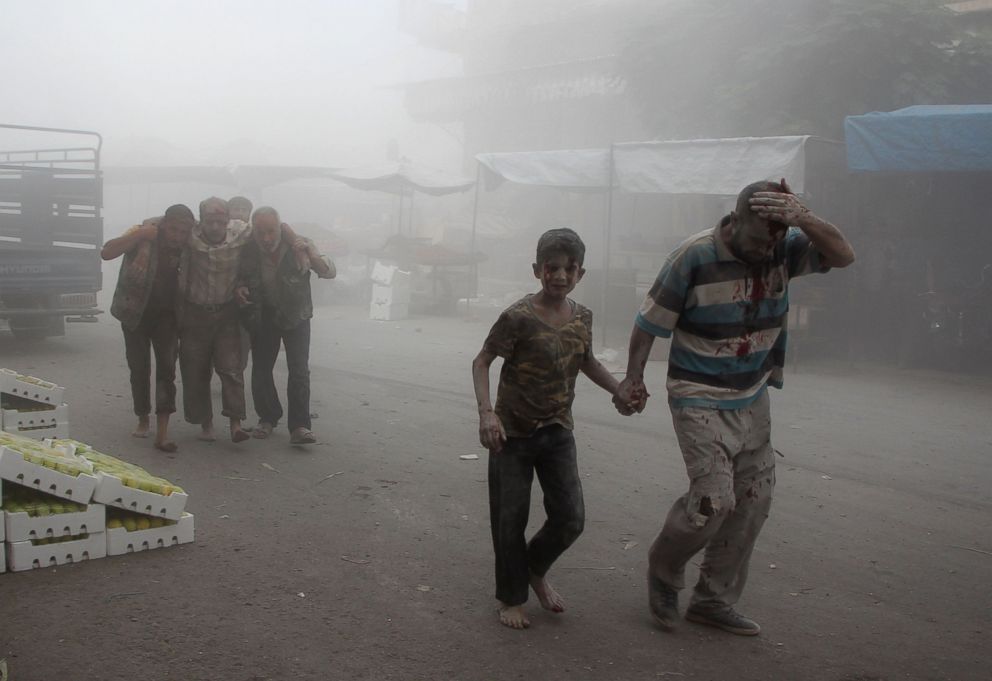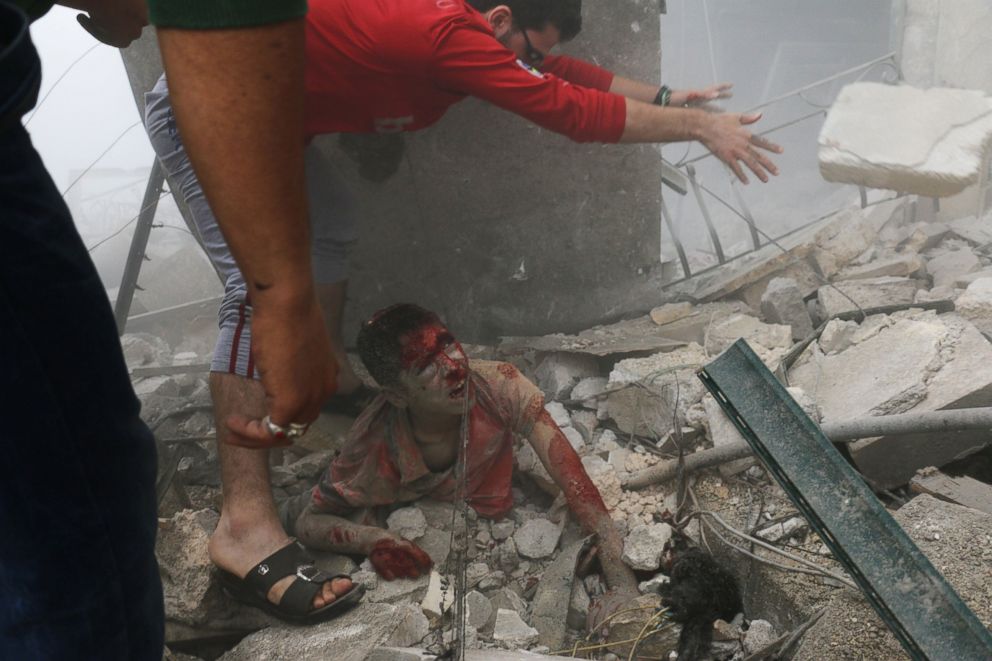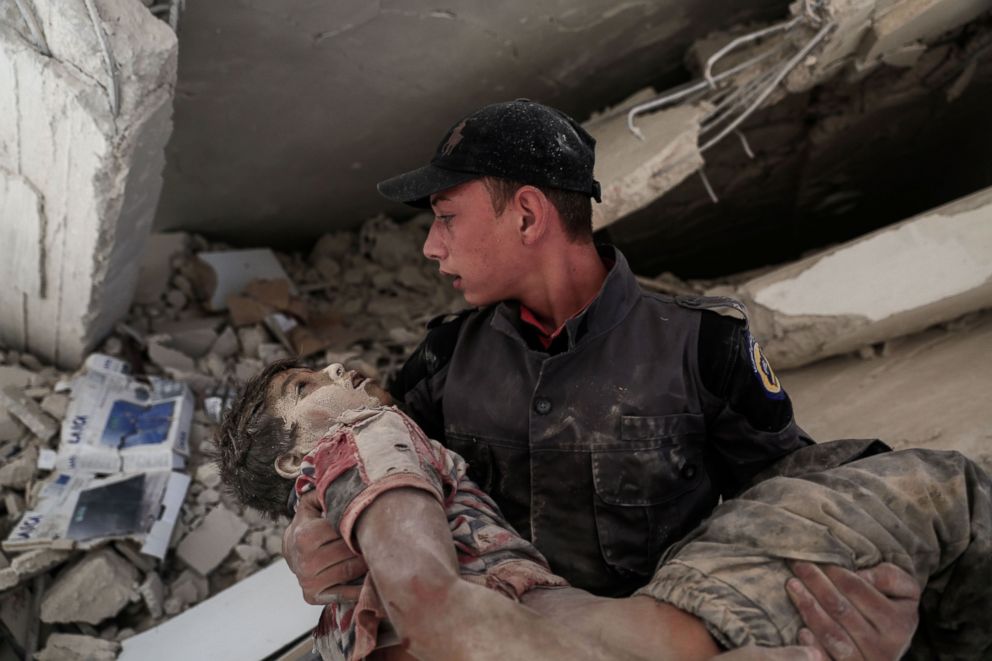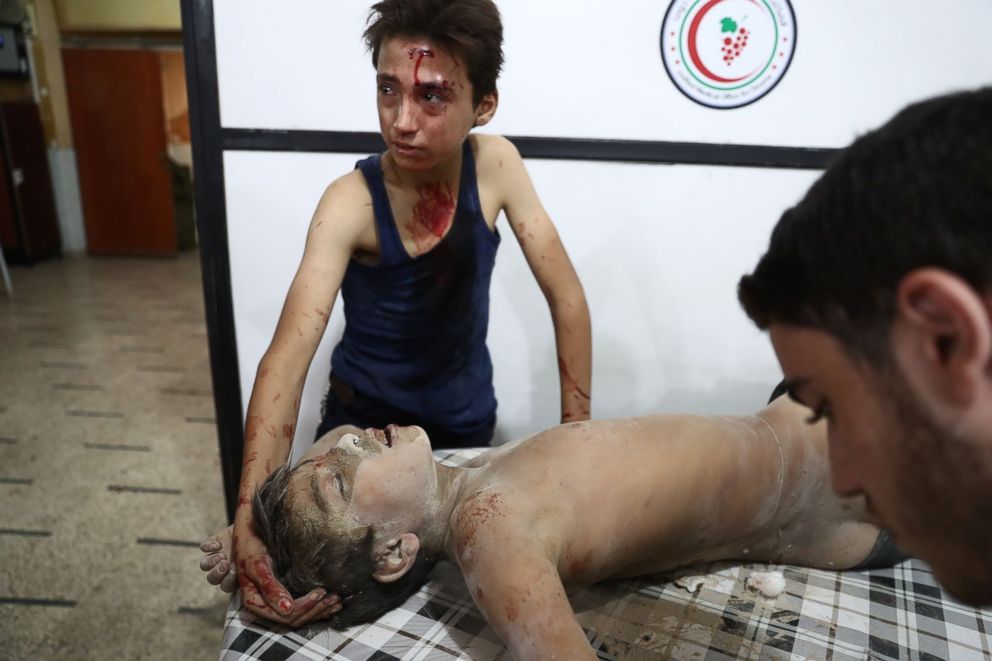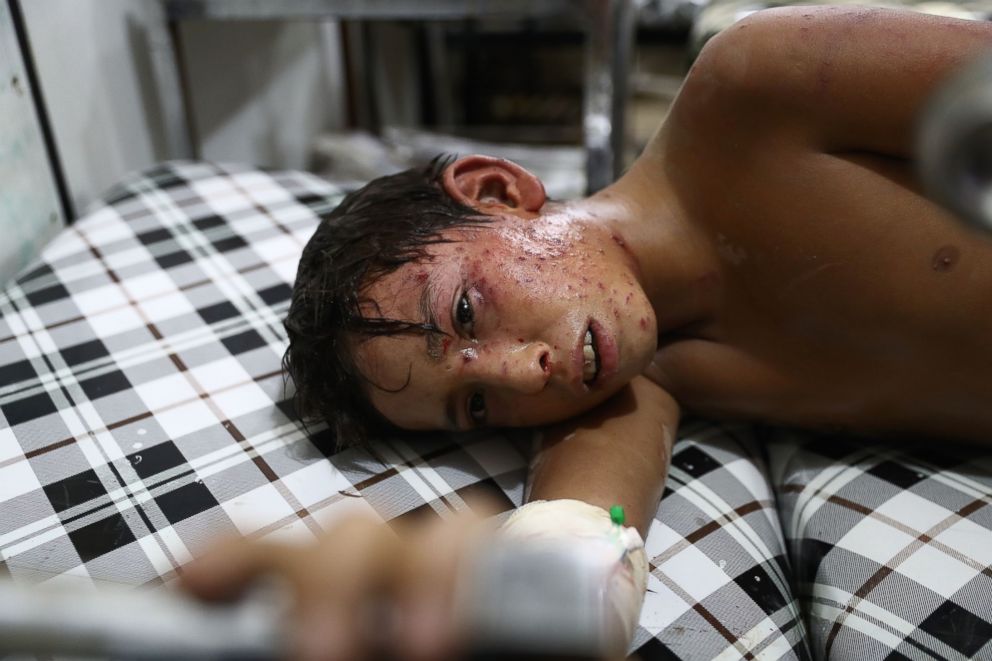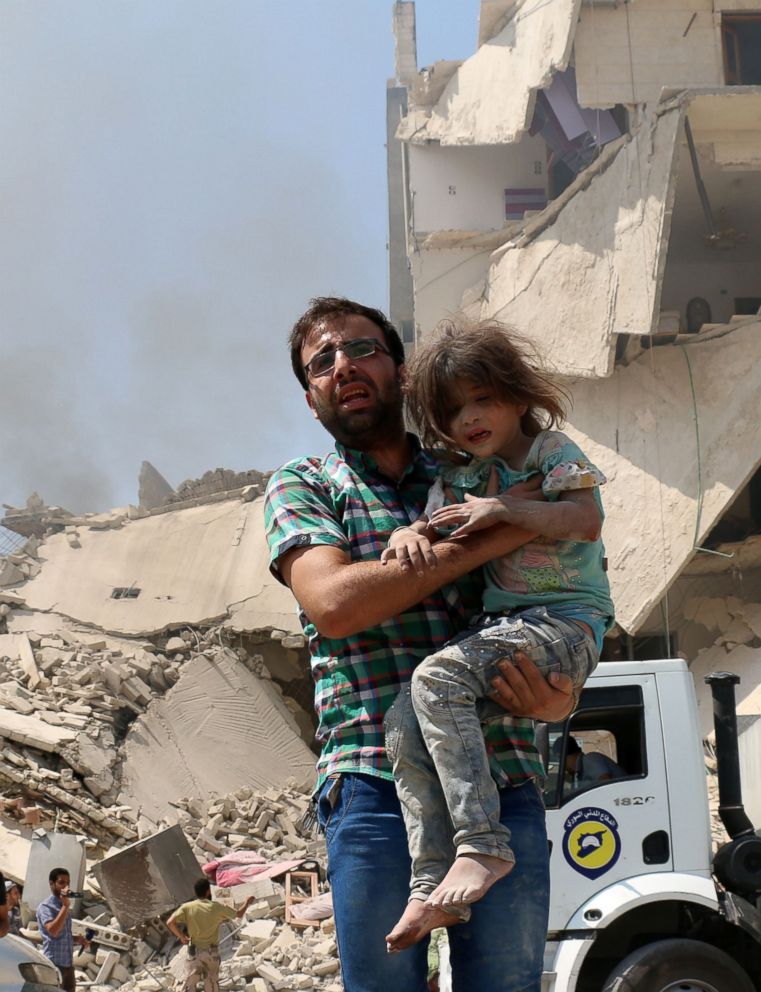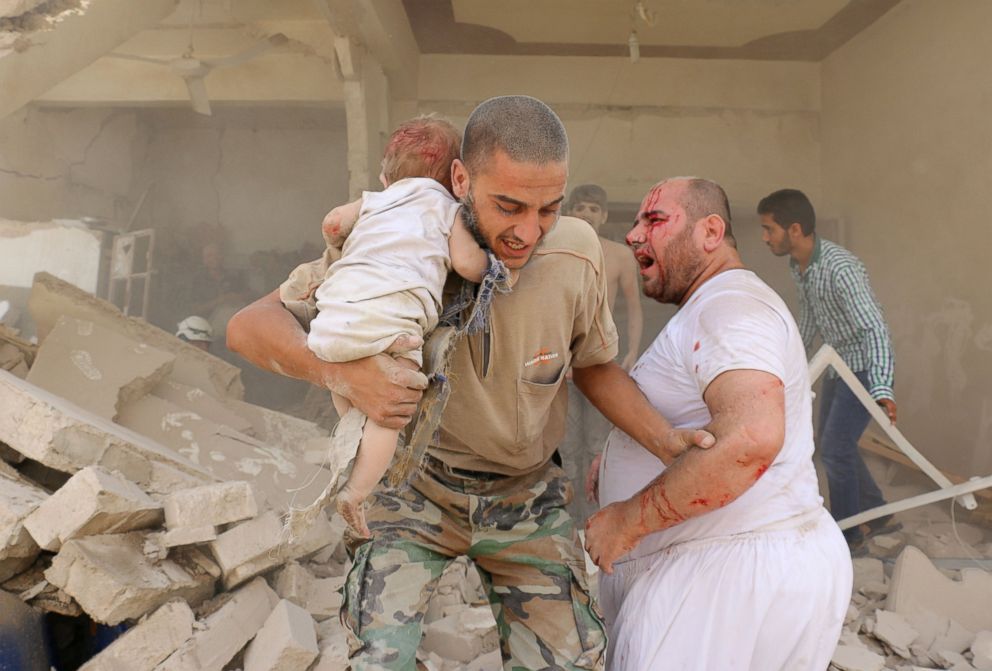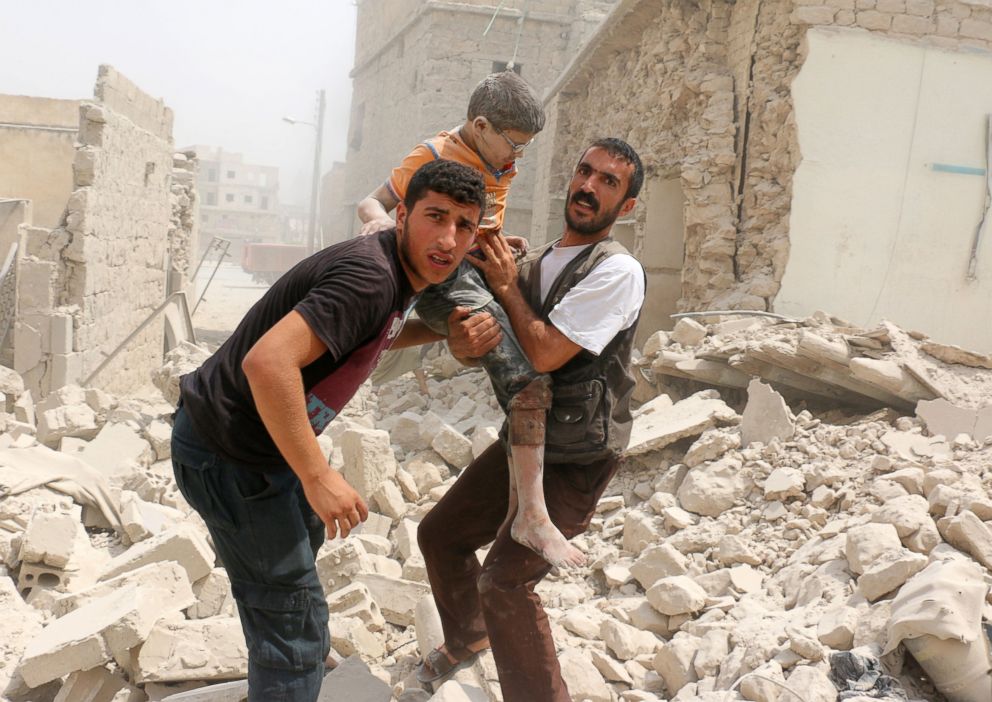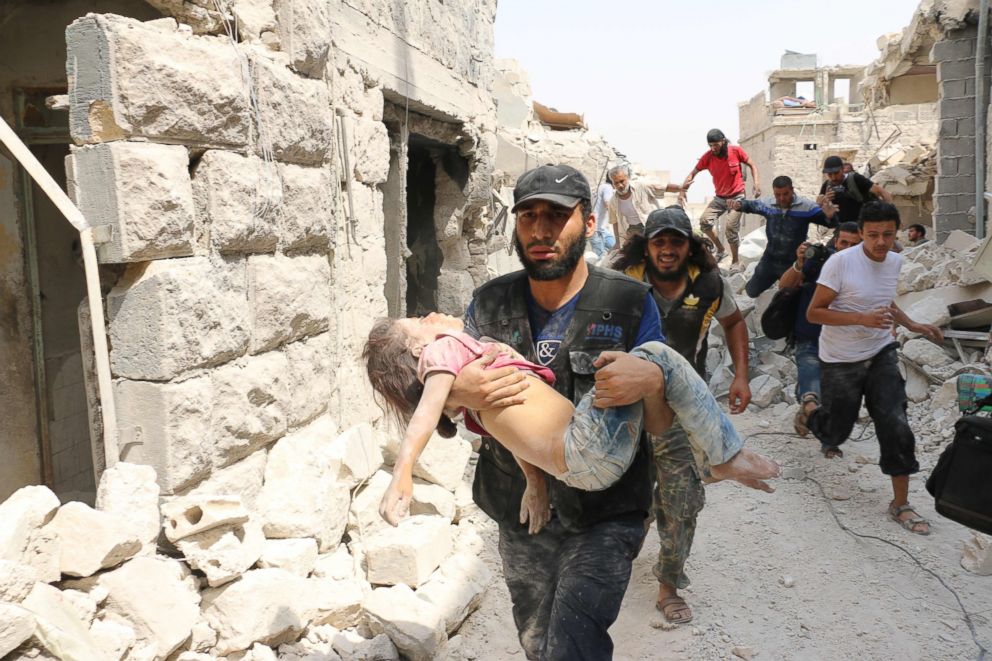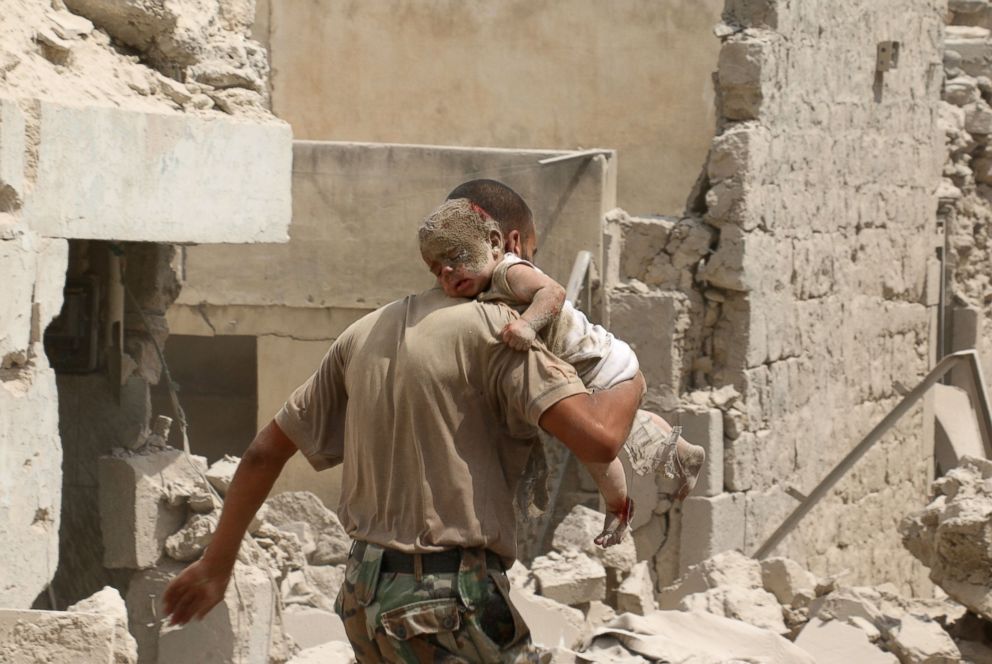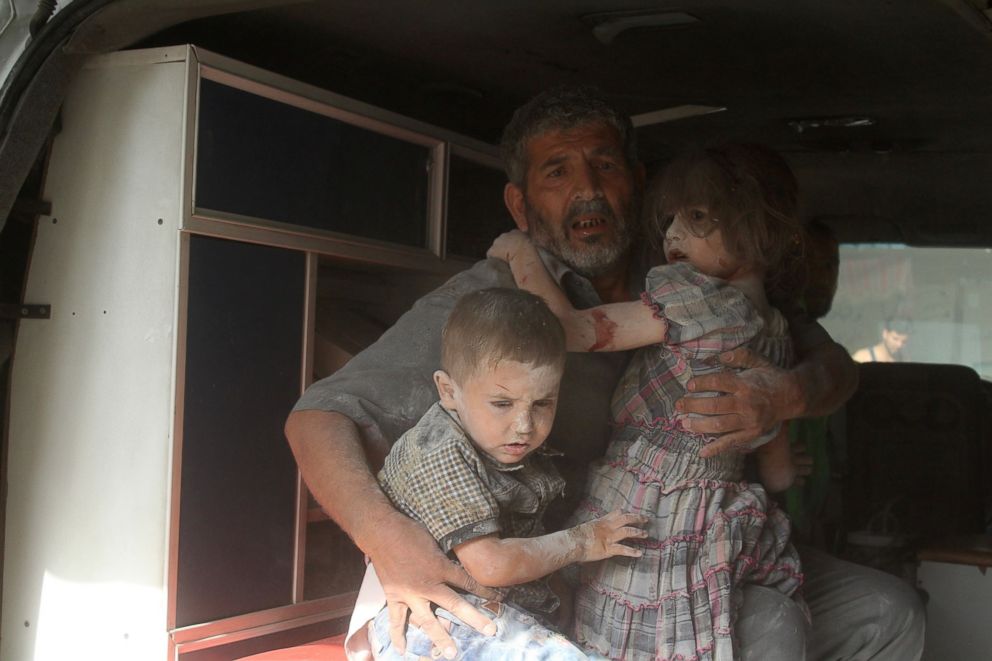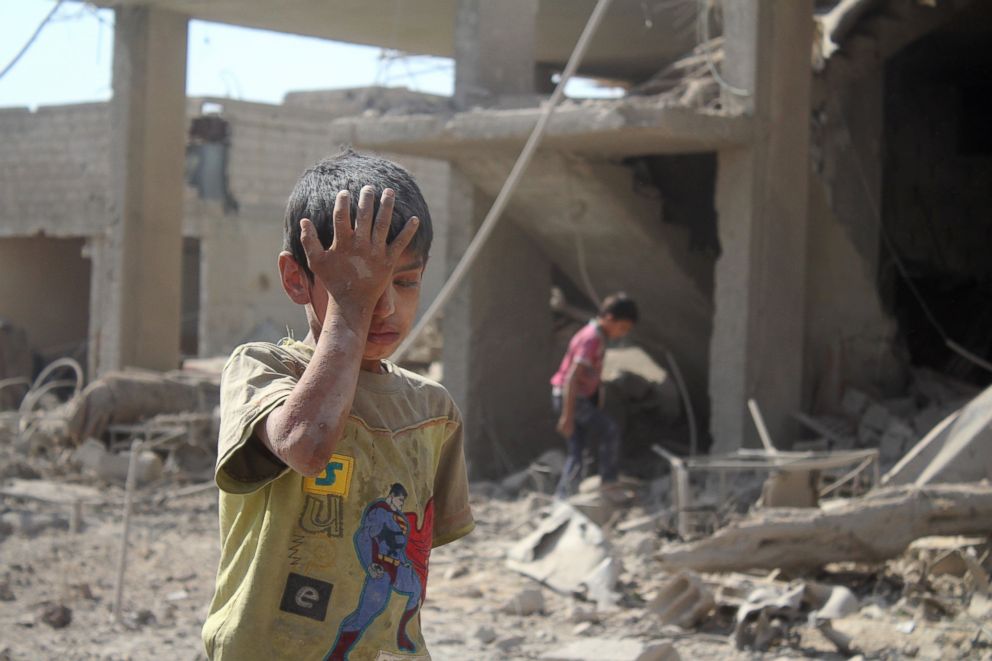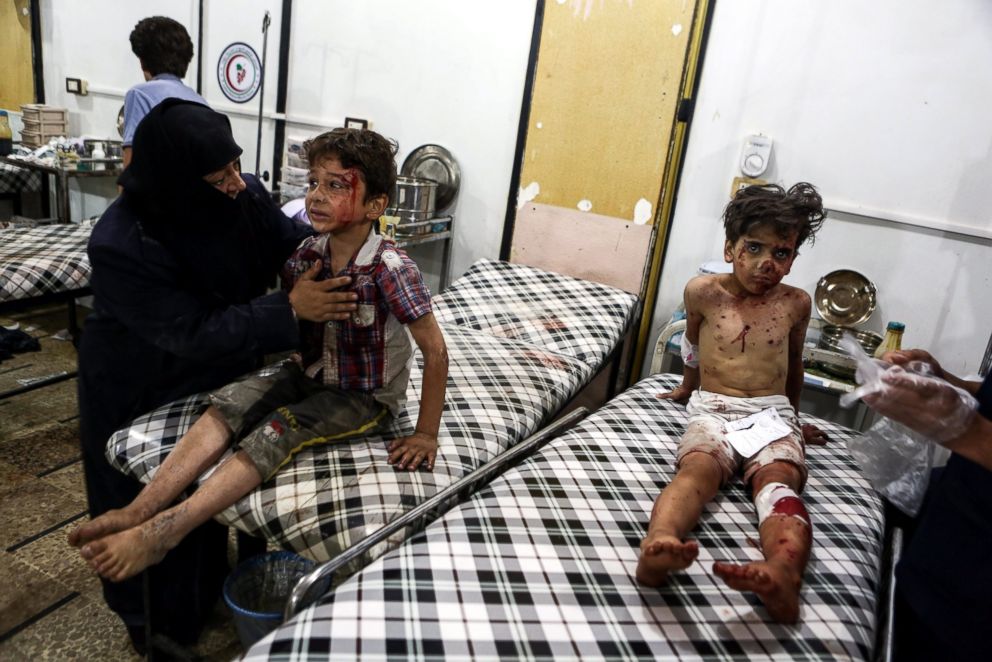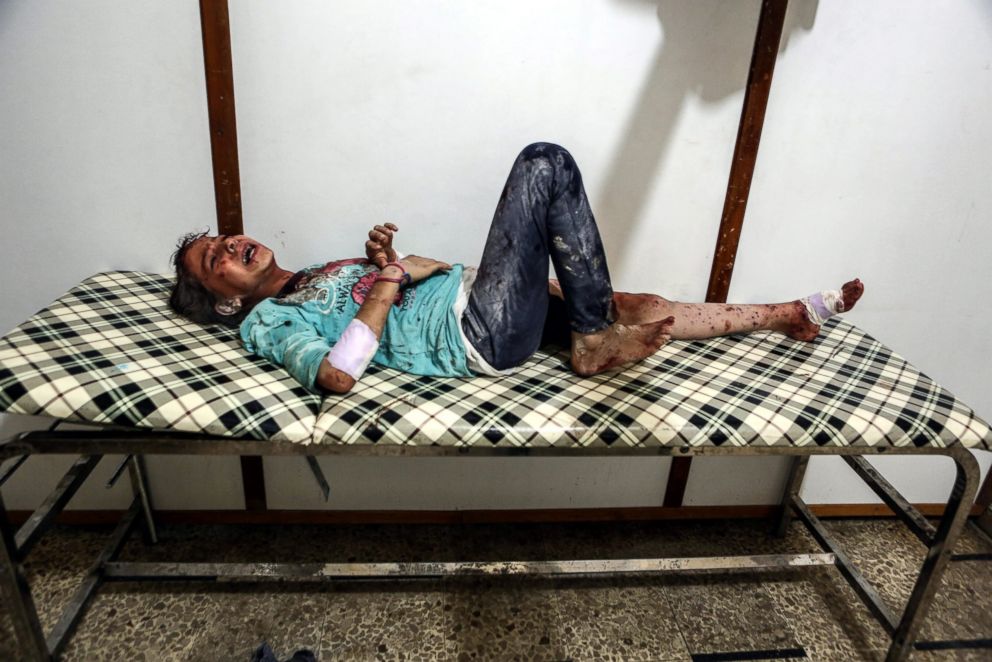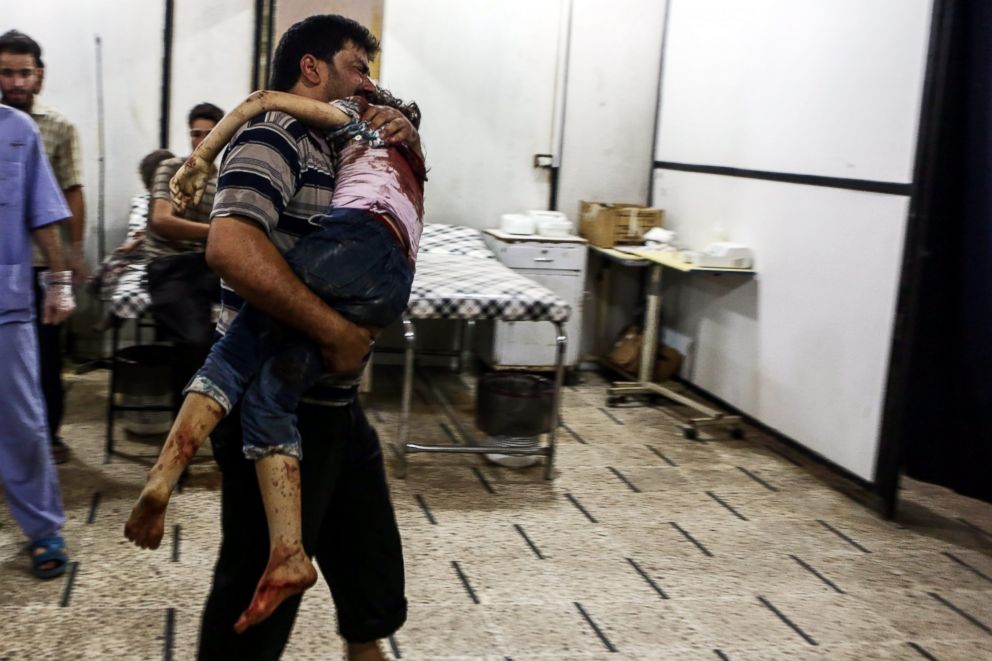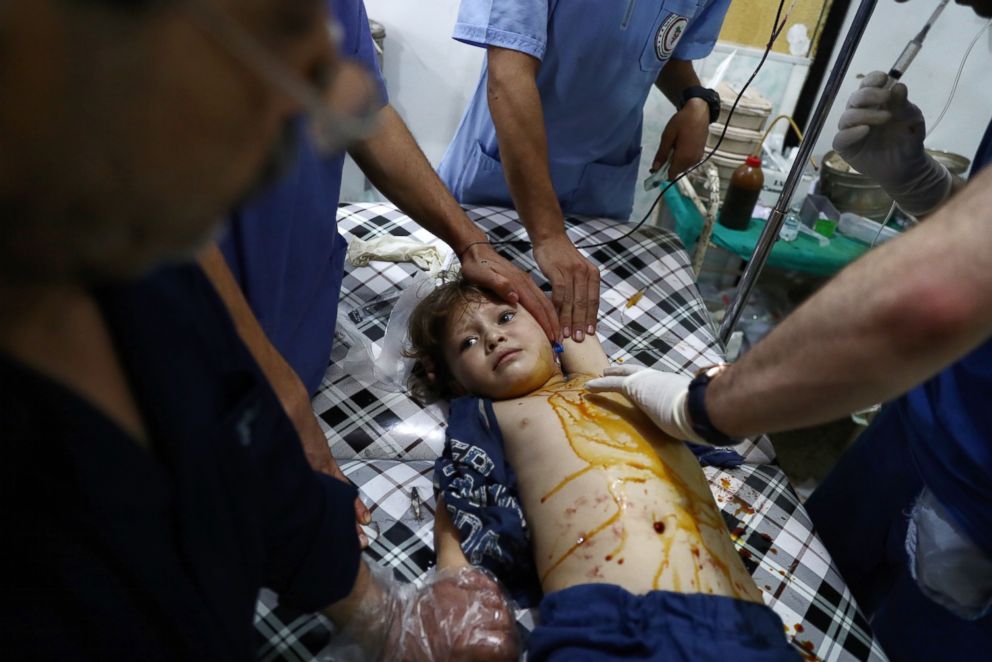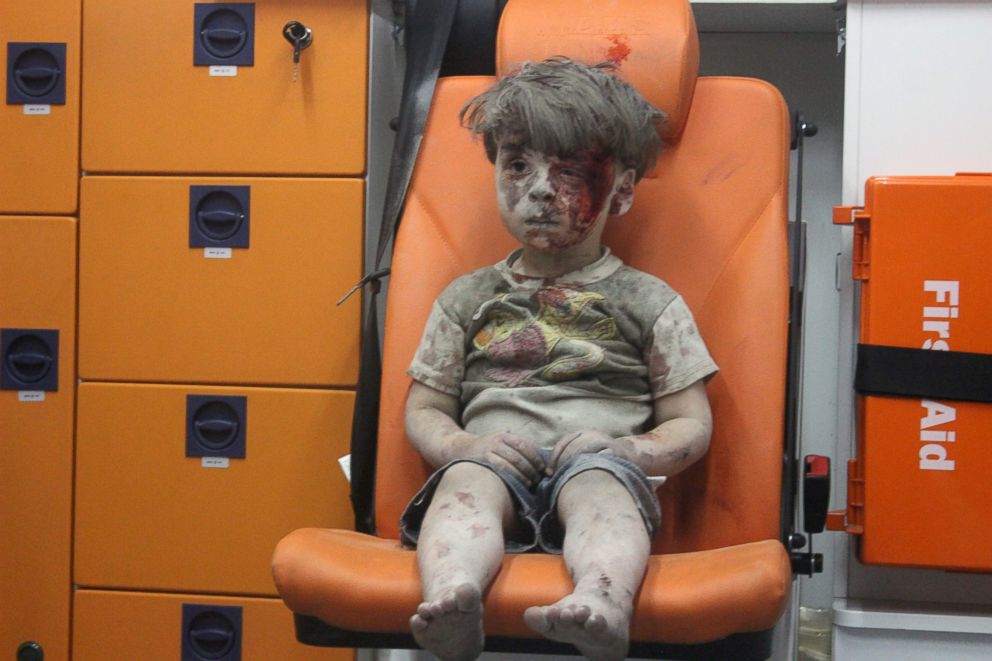Aid Expected in Syria's Aleppo as Cease-Fire Threatens to Unravel
Russian troops are reportedly clearing a path for aid to be delivered.
— -- A long-awaited aid delivery has crossed the border from Turkey into Syria and will be making a potentially perilous hours-long journey into the contested city of Aleppo, according to the U.K.-based Syrian Observatory for Human Rights.
Rami Abdurrahman, the founder of the observatory, said he expects aid to reach people in the besieged area of east Aleppo today. "Until now, no aid is entering the city. We are awaiting that it will enter within hours because it is inside Syria in the countryside of Aleppo," Abdurrahman told ABC News.
This comes after Russian government troops took control of a contested road leading to east Aleppo on Friday in the hopes of getting aid through, as signs of increasing strain surfaced in the fourth day since the U.S.-Russian-brokered cease-fire began. The drivers piloting the aid trucks will have to navigate through a war zone on roads that are in very poor condition.
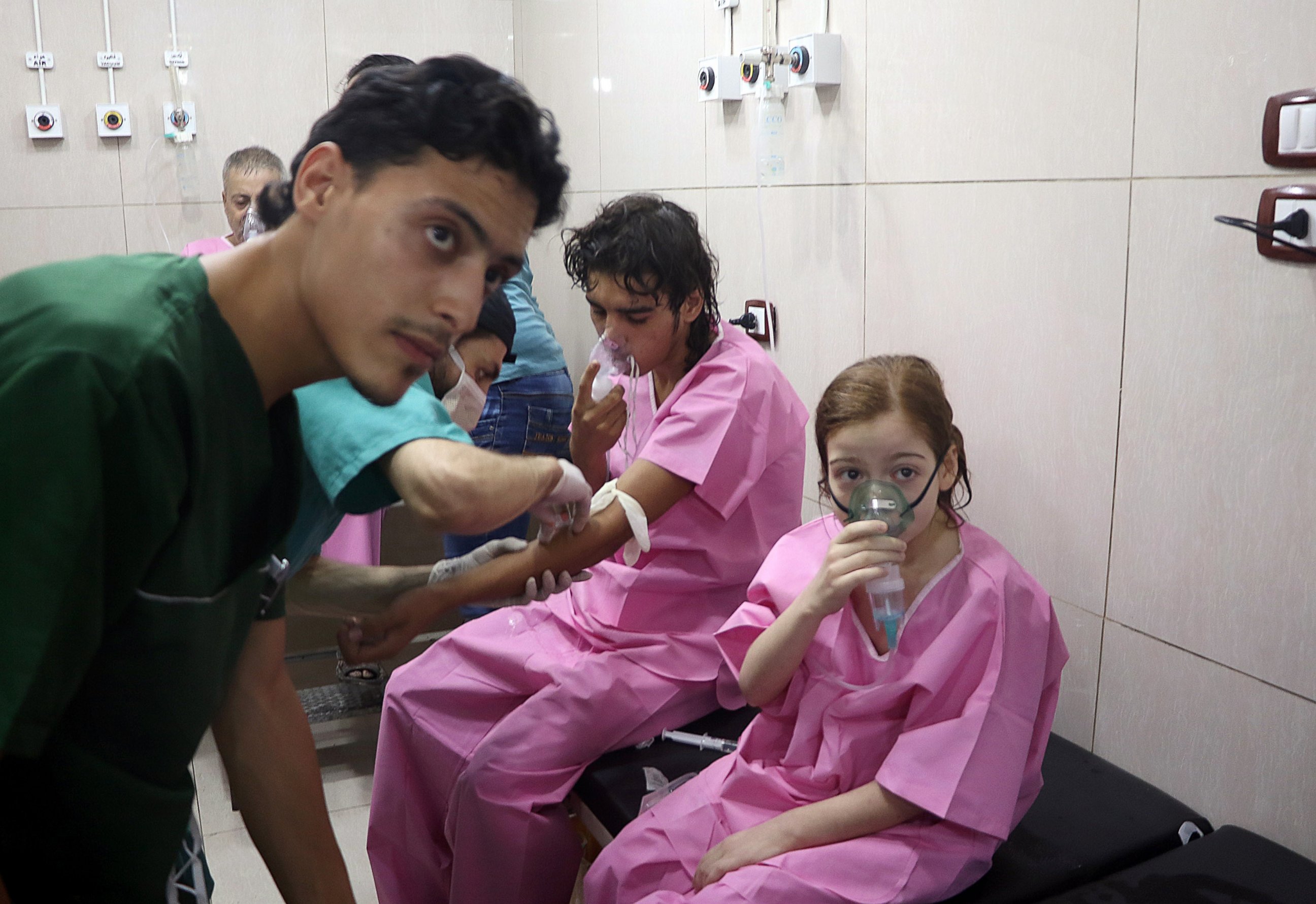
The Syrian Observatory for Human Rights said that Syrian government troops had handed over control of the road leading to a rebel-held area of Aleppo that has been encircled by government troops for nearly two months and is badly in need of food and medicine.
The United Nations has 40 trucks ready to go with aid. Once the UN gets the green light, the first convoy carrying wheat flour for more than 150,000 people will be sent to Aleppo, according to the UN’s office for the Coordination of Humanitarian Affairs. The other truck will deliver food rations for 35,000 people on the next day.
The distance from the border to east Aleppo is only some 40 miles, but the journey could take about four to five hours.
The UN aid has been sitting in Turkey since early this week, but disagreements between warring sides in Syria and concerns about safety had delayed the delivery.
Syria's most vulnerable: Kids caught in conflict
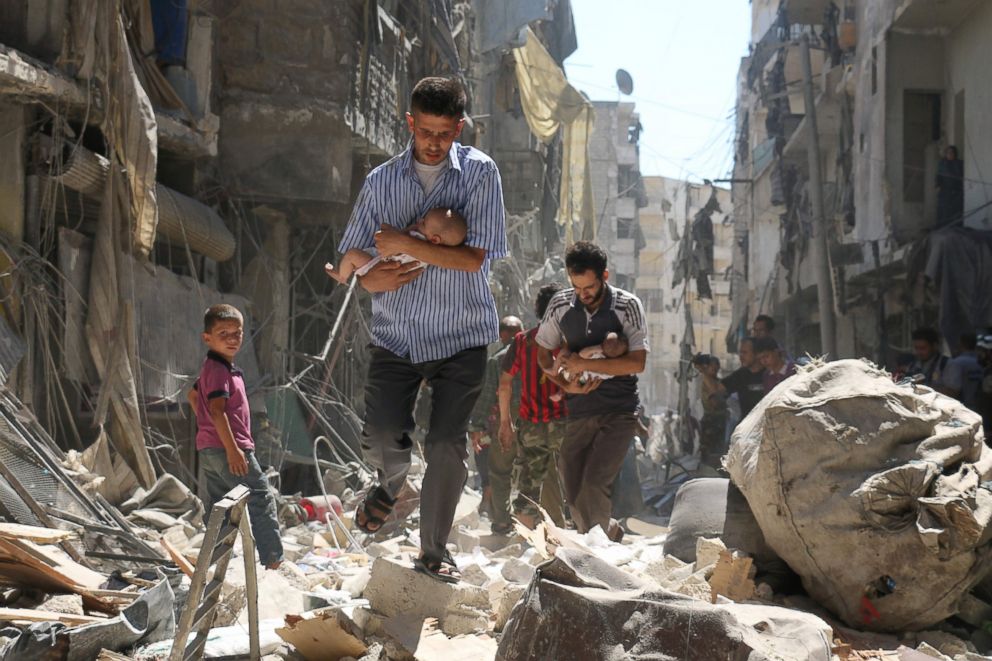
“The challenge we continue to face is ensuring that all parties to the conflict including those with influence over them are on agreement,” David Swanson, spokesman for the UN Office for the Coordination of Humanitarian Affairs, told ABC News.” The sense of urgency cannot be overstated and the world is watching. The UN has a detailed operational plan in place and is ready to respond with humanitarian assistance once we get the go ahead.”
Save the Children also has aid ready to enter Aleppo. The NGO is working with Syrian partners to deliver food baskets, medical supplies and seeds so that families can grow crops in small gardens.
"We are ready to go as soon as we are given the green light," Misty Buswell, Save the Children's Regional Advocacy Director for the Middle East, told ABC News. "For the most part, the cease-fire is holding, but we haven’t yet seen a corresponding increase in humanitarian access or in aid getting in to Syria — either to Aleppo or the besieged areas around Damascus."
Buswell noted that the terms of the U.S.-Russia agreement require humanitarian access. "The U.S. and Russia have brokered this deal and it is really up to them to ensure that all the terms of the deal are carried out," she said. "They have to put pressure on the parties and not allow aid to be used as a bargaining chip."
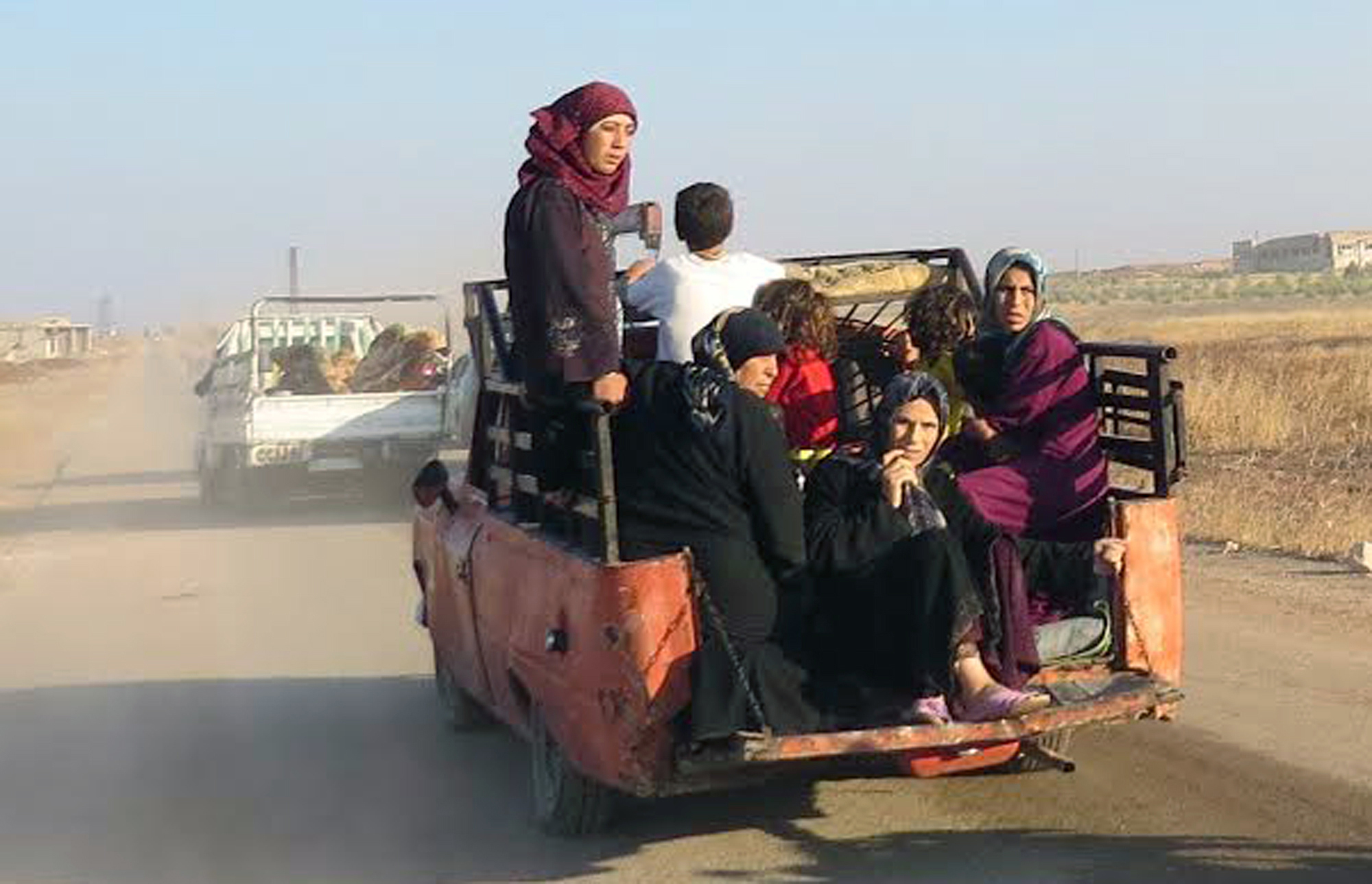
The cease-fire agreed to by the U.S. and Russia calls for 48-hour windows of calm that must be renewed by the two sides. The second two-day cease-fire runs out on Friday at 7 p.m. The bilateral truce requires seven consecutive days of humanitarian access before the Russian and American militaries can cooperate on going after terrorist targets.
The Observatory reported the first civilians killed since the cease-fire began on Thursday, and there appeared to be a further unraveling on Friday, with an airstrike killing 23 in Deir Ezzor Province and clashes erupting in the capital of Damascus, the Observatory said.
Both the government and rebel groups have accused each other of violating the cease-fire.
The intensified hostilities came to the dismay of aid groups who have been warning about a humanitarian disaster taking place inside the country.
Almost 80 percent of households across the country are struggling to cope with a lack of food or money to buy food, the UN says.
More than 11 million people – over half of Syria’s population – have fled their homes, including 6.6 million who displaced inside Syria and 4.8 million seeking refuge abroad, according to the latest UN figures.
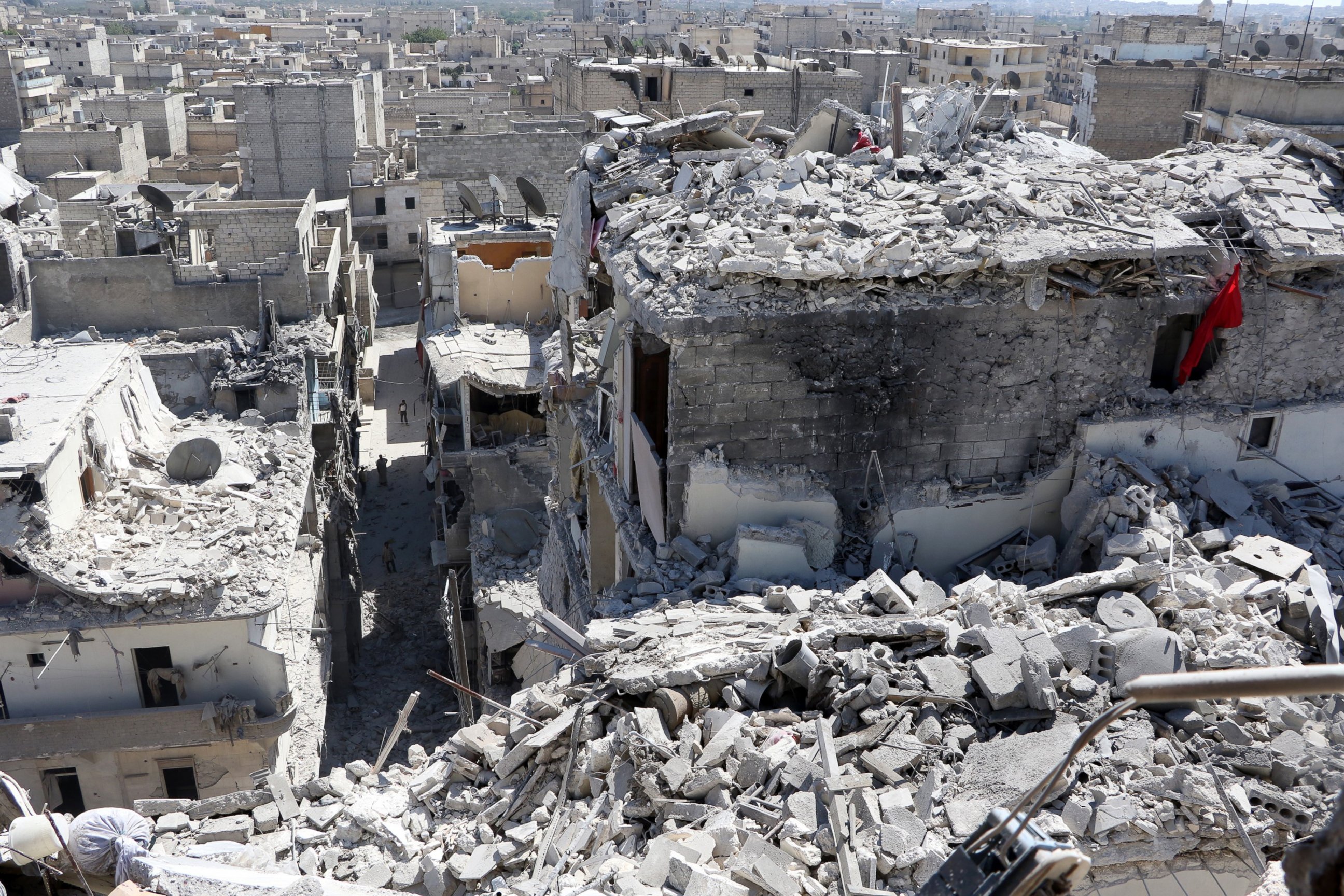
Up to 275,000 people in the eastern city of Aleppo have been almost entirely cut off from vital supplies, including food, water, medicine and electricity for over a month, the UN says.
More than 13 million people require humanitarian assistance of some kind across Syria.
Of particular concern are the nearly 600,000 Syrians the United Nations estimates are living in besieged areas, cut off from regular access to basic necessities and living with the daily threat of deadly violence.
According to the most recent estimates, 400,000 to 500,000 people have died so far in Syria's five-year-old civil war.


